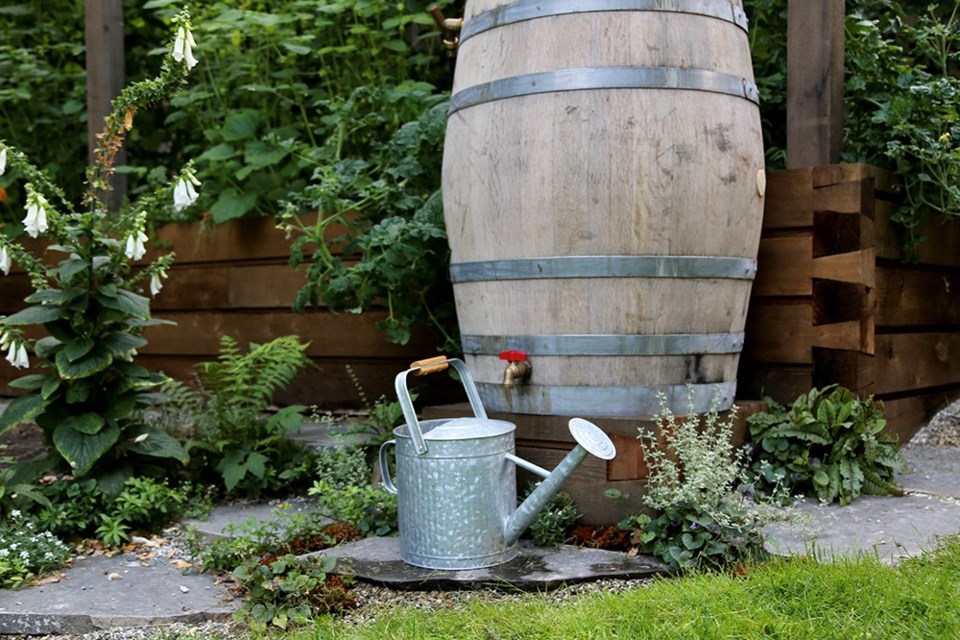Today (March 20) is Plant a Seed Day in North America. I love this collective food-security inspired call to action to plant a seed, but why stop there? Let’s plant thousands of seeds to grow food for our families, and for those without means or access to fresh produce.
Also, during this season of renewal, let’s plant the seeds of hope. Hope that we might grow something beautiful and hopeful out of the ashes of tumultuous times.
In permaculture circles, when faced with an over-abundance or shortage of pests, water, nutrients, etc., we lean heavily on the foundational principle “within the problem lies the solution.” One celebrated example of this principle in action is the “you don’t have a slug problem, you have a duck deficiency,” declaration offered by the father of permaculture, Bill Mollison.
Ducks eat slugs, lay delicious and nutritious eggs, deposit nutrient-rich manure, and can ultimately, provide a cash-crop revenue stream. Ducks may not be an urban option, but chickens (hens only) are. Chickens love eating bugs, slugs and snails, and they turn kitchen and garden scraps into free food and compostable N-P-K.
Embrace the rain
Within the “problem” of too many crop-eating slugs, we can find “solutions” that eliminate pesticide use, increase crop production, reduce input costs, improve soil biology, and create income.
We can manage excessive rainwater puddling and runoff caused by new-normal extreme weather events like atmospheric rivers, by planting water gobbling rain gardens of lush native plantings, digging swale garden pathways to direct rainwater to amphibian-friendly ponds and collection areas, encouraging lush moss “lawns” to house beneficial insects and reduce erosion, and installing rain barrels to collect unchlorinated water for seed starting and irrigation.
Within the “problem” of too much rain, we can find “solutions” that sequester carbon, increase native bird and pollinator habitat biodiversity, cool down the garden during summer, and capture and store water on-site.
We can manage the forecasted doom and gloom nitrogen and potash fertilizer shortages by ignoring them entirely and instead embark on a program of regenerative gardening and organic land care. Plant companion and cover crops of legumes to fix nitrogen in our food gardens, top-dress only (no till) with organic compost, dust lightly with wood ash, and add domestically sourced micro nutrient rich glacial rock dust and sea minerals to re-mineralize soil and improve structure and moisture retention.
Within the “problem” of global fertilizer shortages, we can find “solutions” that grow more nutrient-dense food, increase soil biology and moisture retention, sequester carbon, reduce erosion, eliminate chemical fertilizer run-off, shorten the supply chain, and eliminate fossil-fuel powered extraction and production of commercial fertilizers.
Manage the heat
We can manage summer heat waves by planting tall heat-loving crops like corn, pole beans, and trellised squash, that can not only manage extreme temperatures, but provide life-saving relief to more tender crops planted beneath and in their shade. Adding activated biochar to our soil will attract and retain moisture and nutrients in perpetuity, and sequester carbon. We can mulch generously with clean straw, perennial herbs or pollinator flowers, and plant a low-profile soil-cooling cover crop like strawberries.
Within the “problem” of too much heat and drought, we can find “solutions” that increase food production, improve soil biology and moisture retention, reduce pest damage by increasing crop diversity, reduce dependence on municipal water, and provide pollinator and beneficial insect habitat.
The myriad “solutions” to all of these “problems” can be found by observing nature and by adhering to the overarching ethos of Earth Care, People Care, and Fair Share. Permaculture, that is “permanent (perennial) agricultural” defers to nature’s logic and strives to mimic natural systems that do not require extraordinary inputs or interventions.
“Urban” permaculture, admittedly, requires imagination. We do the best that we can, with what we have, within guidelines imposed by community and with respect for our neighbours, to live beautifully and regeneratively.
If we were all to apply basic permaculture principles and ethos to all aspects of our lives, there would be no wars or refugees, no food insecurity, no economic or racial inequality, no poverty, no climate crisis. Imagine.
Let’s plant the seeds and do the work, and grow the change that we want to see — together.
Laura Marie Neubert is a West Vancouver-based urban permaculture designer. Follow her on Instagram @upfrontandbeautiful, learn more about permaculture by visiting her Upfront & Beautiful website or email your questions to her here.
For a taste of permaculture, click on the YouTube link below:
(Video - Courtesy of West Vancouver Memorial Library)



